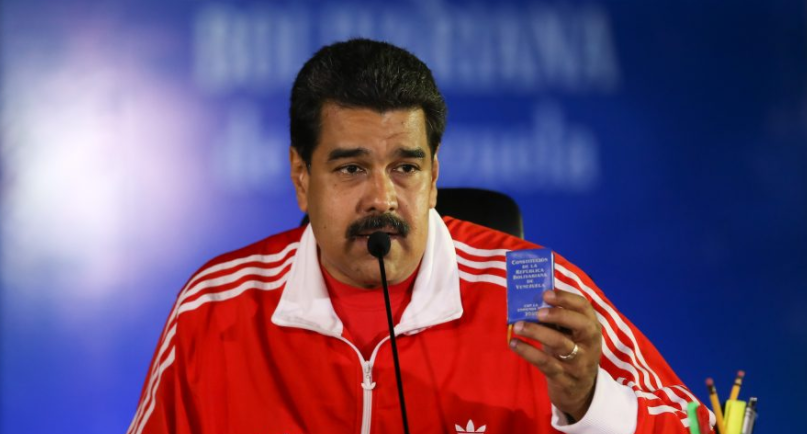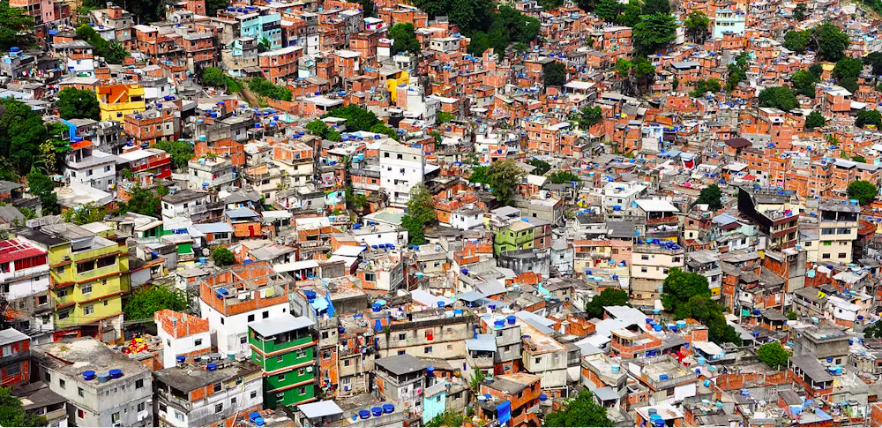The 545 delegates of Venezuela’s powerful “constituent assembly,” which will have the ability not only to rewrite the country’s Constitution, but also to overrule other government institutions, began receiving their credentials on Wednesday. The opposition and several foreign governments widely denounced Sunday’s vote to elect the body, which President Nicolás Maduro says is needed to solve the country’s political and economic crises, but opponents see as an effort by Maduro to increase his power. Has Venezuela become a dictatorship that is sliding into civil war, as some analysts have asserted? What will result from U.S. sanctions against Maduro? What should be the response from international actors such as the OAS and the United Nations? What will the constituent assembly use its power to do? What can be done to stabilize the country and its economy?
See our Q&A in the daily Latin America Advisor with four views on this topic.
Every business day, the Latin America Advisor features commentary and analysis from global leaders in policy, economics and finance. Our subscribers include Apple, BMW, Mitsubishi, S&P, and Walmart, to name a few, as well as leading universities such as Berkeley, Harvard, Dartmouth and Notre Dame, and government agencies on four continents. It is available to members of the Dialogue’s Corporate Program and others by subscription.



